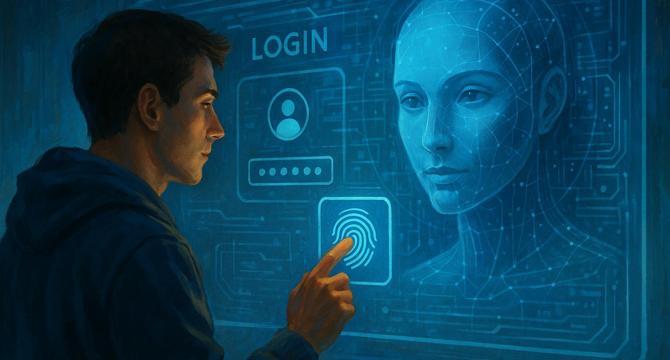Hackernoon
1w
316

Image Credit: Hackernoon
AI Might Soon Watch Your Login Attempts the Blade Runner Way
- AI may soon revolutionize authentication and authorization processes by utilizing psychometric analysis to assess users' emotional reactions, behavior patterns, and cognitive habits.
- Psychometric analysis, a subset of psychological analysis, involves methods like the Big Five or MBTI to classify individuals into different personality types, already applied in various fields.
- Researchers have conducted studies to determine people's true feelings and behaviors using computer programs, paving the way for psycho-physiological authentication based on behavior, emotions, and physiological responses.
- Future authentication systems could evaluate users' character, mood, language, and stress reactions for secure and personalized authentication, eliminating the need for traditional passwords and biometric methods.
- To implement such AI-driven authentication, data collection, machine training with neural networks, and multiple layers of verification combining psychological analysis and biometrics are essential.
- Benefits of this system include personalized authentication, enhanced security, and ease of use without conventional password requirements, while potential drawbacks include privacy concerns and resource-intensive infrastructure needs.
- Technological advancements are moving towards incorporating psychological aspects in data analysis, suggesting a potential shift towards deep psychological analysis for secure authentication and access in the future.
- While the concept of deep psychological analysis once seemed futuristic like in Blade Runner, it is gradually being explored for its application in authentication processes, hinting at a future where proving your humanity goes beyond traditional methods.
Read Full Article
19 Likes
For uninterrupted reading, download the app